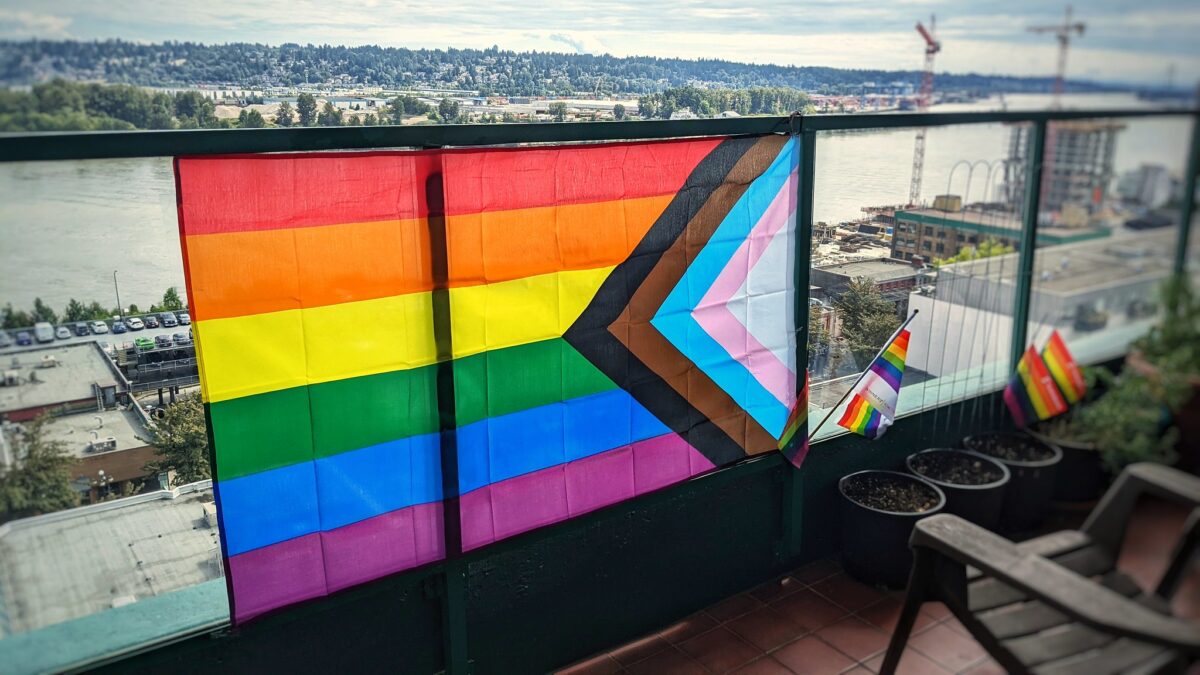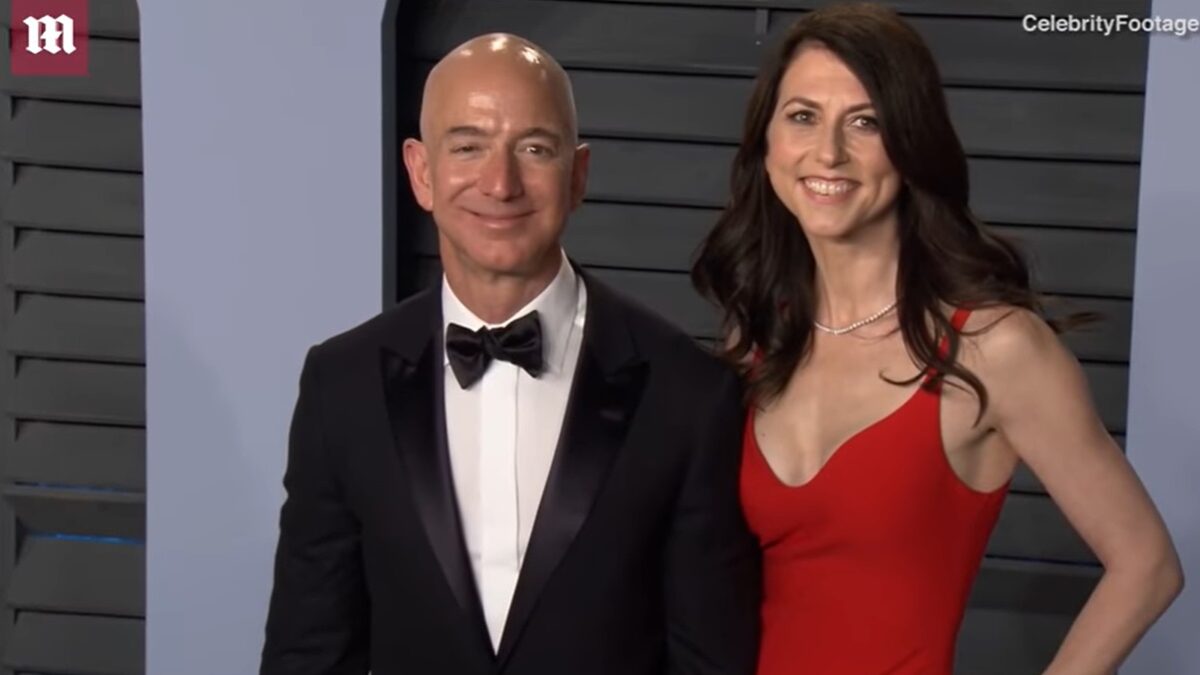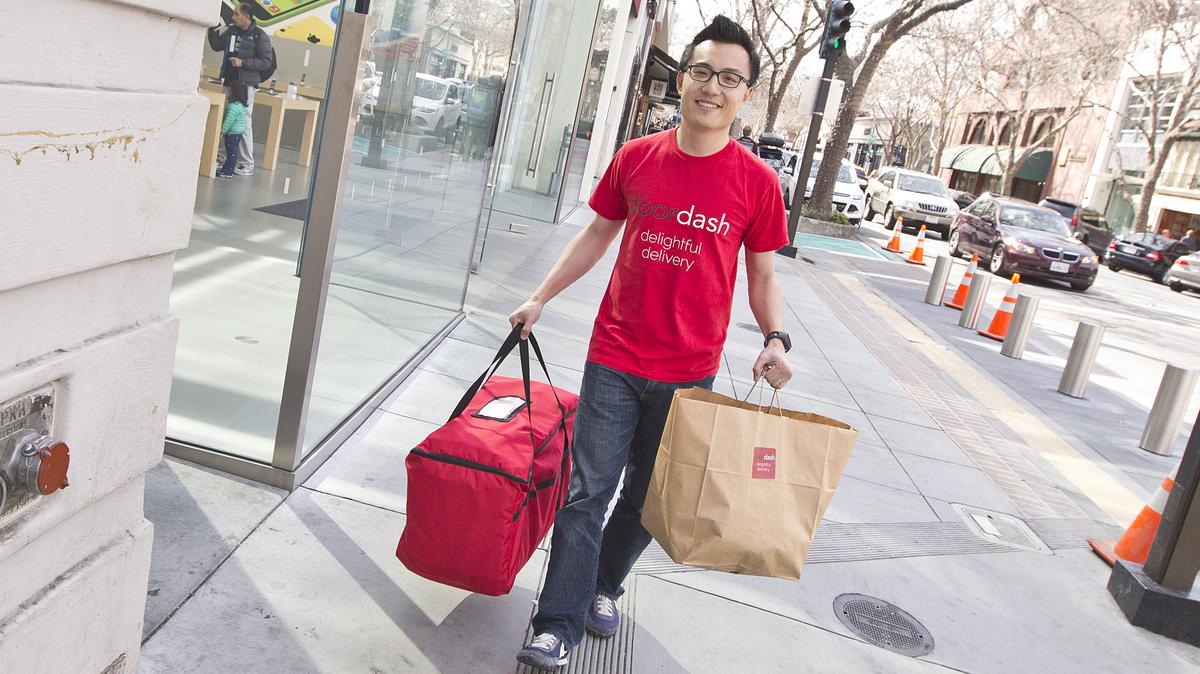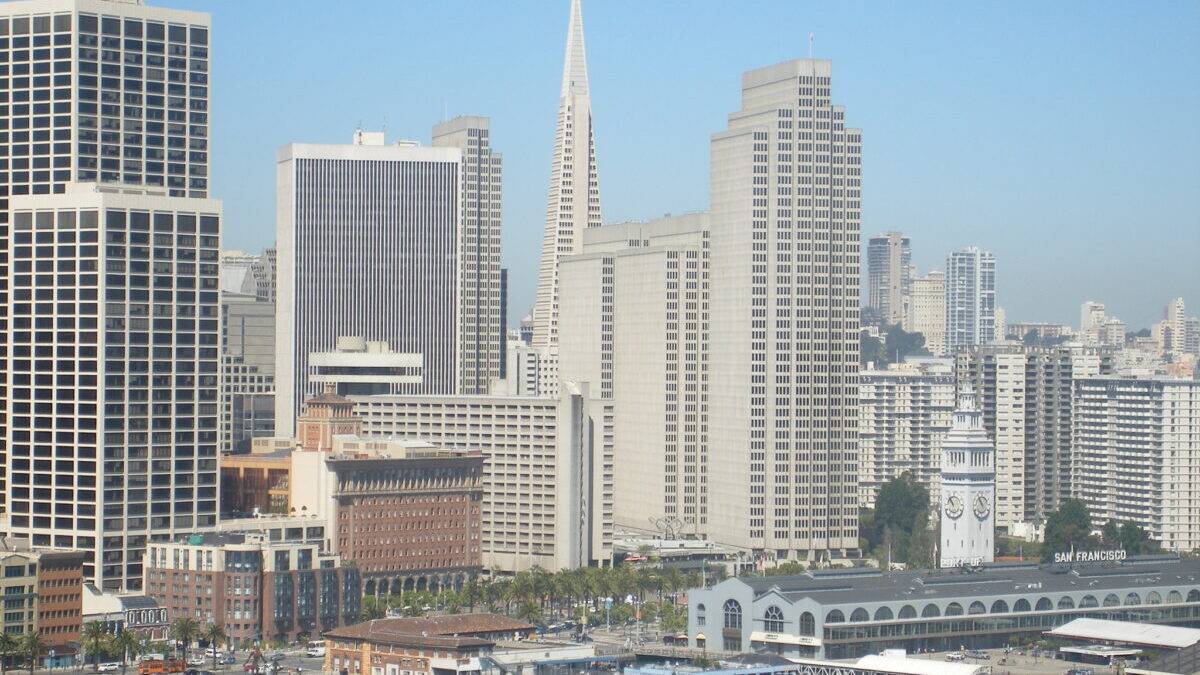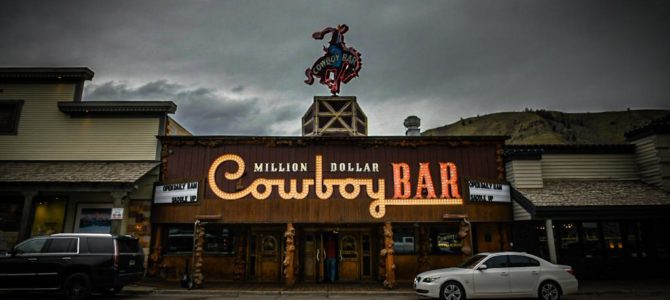
The story below is the fourth in a series on America’s small businesses, their struggles under the shutdowns, and what they’re doing to survive. Over two weeks, The Federalist is traveling the country to tell more stories like this one.
JACKSON, WYO. — You can drive through the sprawling hills and snowy peaks of southeastern Idaho and cross the state line at Freedom, Wyoming — just north of Old Man Mountain. Turn left there, and take the two-lane Route 89 past horses, barns, ranch homes and log cabins until you meet a friend every fly fisherman in the country pines for: the Snake River. Follow that river east, winding through the 9,000-foot mountains until you find a valley that hearty mountain men of the 1820s, like David Jackson, called the hole. We know it as Jackson Hole, and to many, it’s the most beautiful place in the country.
Men like David Jackson were the first to ever stay through the winter here in the early 19th century. It would be another 50 years before any man permanently settled in the shadow of the 13,775-foot Grand Teton Mountain. Today, though, the valley attracts fisherman, ski bums and cowboys alongside billionaires and presidents — and they all come together in the little town center, at the Million Dollar Cowboy Bar.
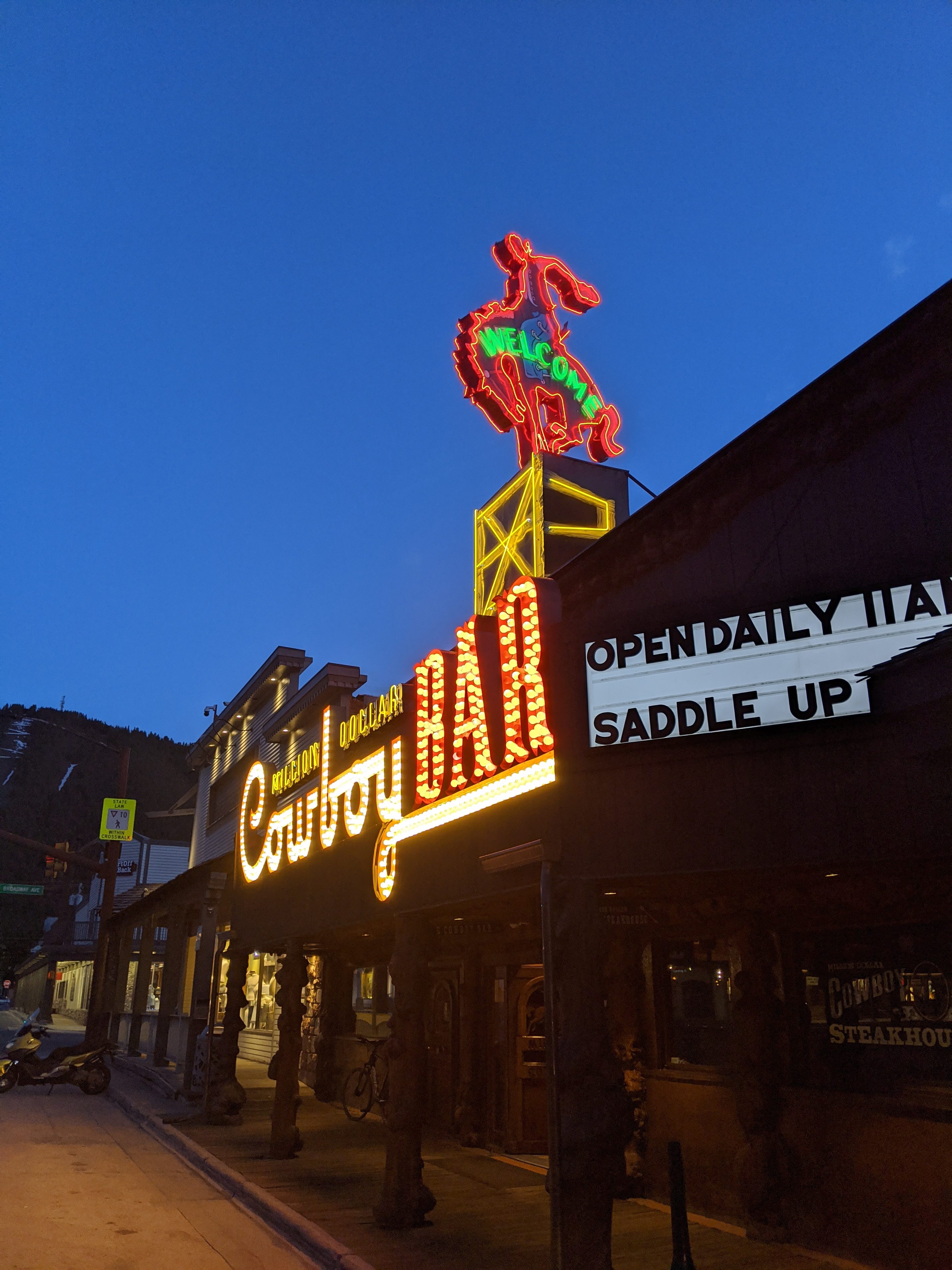
A saloon since 1939, it’s just about the oldest business in Jackson, though a leather shop across the street might be older, John Davis, the night manager, tells us. At 73, he moved out here nearly 50 years ago, in the ’70s, to work on WWII planes being used to fight fires. He never left — except to travel the world, of course. He’s a master diver, pilot, classic Range Rover enthusiast and history buff who’s been from to Djibouti to the Galapagos to Solihull, England. “We read about ‘global epidemics’ in high school, like the Black Plague,” he tells us from behind a bandanna, leaning against the perfectly polished brass bar rail. “I don’t know when they started using that word ‘pandemic’ instead.”
It’s strange, pulling open the heavy wooden doors and walking into a near-empty building. Dwight Yoakam’s honky-tonk sound is playing over canvassed pool tables and a closed dance floor. Two masked bartenders stand behind the bar. They could be villains from “Gunsmoke,” quick to draw on our hero but always slow to aim. It takes a certain flexibility to comfortably mount the wide-saddle stools, but leaning against the bar is a fine way to enjoy a longneck High Life or a local IPA and shot of whiskey.
The Million Dollar Cowboy Bar reopened to the public for the first time just a week ago. The menu is typically extensive, with something to satisfy the whole family, but now it’s relegated to burgers, chicken tenders — the kind of bar food that can be frozen instead of being wasted as guests begin to trickle back in after the shutdowns. We’re in between seasons in western Wyoming — the skiers either melting away with the snow, or in the rare case fleeing a foreign virus, and the weather still too brisk and cloudy for casual summer enthusiasts. There are more staff than patrons Tuesday night and again when we returned for lunch on Wednesday.
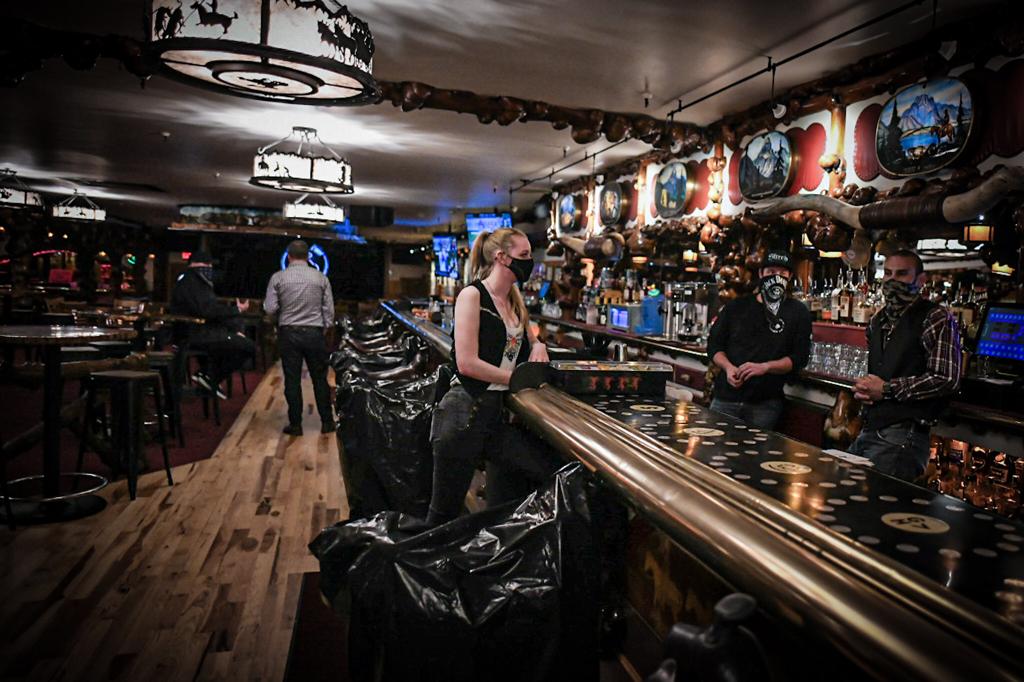
There’s a reason for that: The owner kept everyone who was willing to work on the payroll through the entire two-month shutdown. The second-generation chairman of Tennessee’s Holston Gases, Bill Baxter isn’t short on capital. He bought the bar just three years ago — four years after buying the well-known hotel and Silver Dollar Bar up the road.
“They paid for us to get additional training so I got a certification for environmental awareness in response to FEMA online incident management,” Bennett Gocke, the manager in charge of safety and security for patrons and staff, tells me. “And then on top of that, we’ve worked on emergency action plans — if this, then that, and then, and then — just meetings upon meetings about when we open what kind of experience are we offering people, and how do we cross all the t’s and dot all the i’s. Do we feel good about what we’re inviting people into.”
‘From The Federal Level To The State To The Local, Everyone Just Passed Down Responsibility’
Before coming to the Million Dollar Cowboy and its annual festival three years ago, Bennett, 37, was head of security for the Jackson Hole ski resort. A San Diego State security studies grad, he manages security for many of the myriad events that come through the valley, and secures the more at-risk high-profile guests and their families who come to Jackson for everything from vacations to weddings to business conferences.
Working alongside ownership and the other managers through the deluge of coronavirus studies and recommendations from the likes of the CDC, FDA and Hotel Lodging Association, Bennett found things get pretty simple. “From the federal level to the state and the local, everyone just passed [down] the responsibility,” he says. “Now it’s finally down to business owners and the individual patrons, so you distance. Right now we’re only allowing as many people in here as we have chairs for, so you’re taking into account everything six feet apart.”
Even as big and spacious a bar as the Cowboy is, capacity has taken a big hit, down from 479 to a little more than 150. Is there still live music? Yes, actually. But no dancing.
“Right now, it’s just a guy or girl with a guitar,” Bennett says, glancing toward the darkened stage. “We just tried that, actually, last Saturday. There wasn’t really a state mandate on that, so as long as he’s six feet away from the nearest table, how is that any more strange? We had probably a height of the evening at 60 people in here. And the thing that’s complicated about it is that this thing has been politicized, it’s been hyperbolized. There are a lot of different people with different opinions about what is what isn’t appropriate. And we get people coming from different states, they have a different level of concern. I’m from California: There’s 40 million people there that they can count. That’s a huge difference.”
“We’re trying to eliminate transfer of contact anywhere, which maybe we can’t. For 35 years we’ve had self-serve water over there, so that people could dance and go drink as much water as they can stomach. But in the interest of not upsetting people or contaminating, we’re going to get rid of that. So we’re selling bottled water now, which we’ve never done.”
“We decided that it is a healthy risk to go back to business to try to stop the bleeding from all the financial loss” Bennett explains. “And our ownership and upper management have done a really good job at keeping us employed throughout this entire thing. I have not taken any time off, I’ve worked through this entire thing, bottom line.”
While businesses across the country bleed money and shut down, most employees have been forced to choose between slashed hours with no tips and the unemployment line. At Million Dollar Cowboy Bar, those who wanted to work could maintain hours with deep cleaning, maintenance, repairs, polishing that shiny brass, re-felting the pool tables, installing new ice machine, dusting, stocking inventory. In an 80-year-old bar with capital, there’s always something. Many around town have not been so lucky.
Despite, or because of, its remoteness, Jackson’s summers attract all kinds to the valley. The Grand Teton National Park, which is only beginning to reopen and is still closed to camping, hosted nearly 2.8 million visitors last year alone. The town will get its first glimpse of what to expect shortly: Tourists begin to return in June, when average daytime weather hits the 70s and the nights are no longer freezing.
“Early June, we see the first batch of tourists,” Bennett says. “Families that are taking kids on vacation in the national parks and stuff like that. And then about June, July, we start to see the biker crew that comes through. And then all the cowboys because the rodeo actually starts getting going. And then there’s the wedding season.”
“There are times in the bar here you’ll have bikers, cowboys and wedding parties,” he laughs. “It makes for a very interesting social experiment! But it’s a good time.”
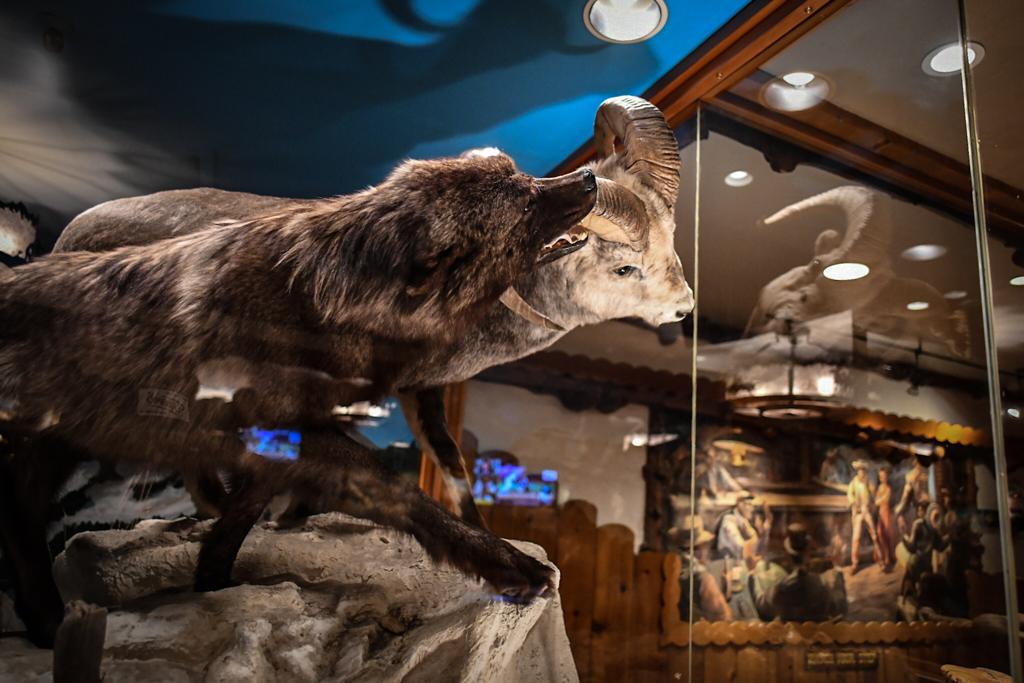
And it isn’t over.
“And then we have the blue hairs,” he recalls, chuckling. “Because at the end of the summer everyone goes back to school, and that’s going to be an interesting one too because a lot of the tour buses are canceled. A lot of people from overseas also get on these big buses and come to town and go to parks, and currently that’s not going to happen, so that’s going to be a more of a mixed bag.”
‘There’s Only So Many Seats On The Bus’
Jackson isn’t a cheap place to live. Construction is expensive, owing to the high demand, the distance building materials have to travel, and the short season construction is even possible in the northern climate. Apartment space is limited, and a good place is a big win for the folks working in the town.
In a normal year, it’s a very good place to work, too. “Watch how much bartenders make in this town,” Bennett shares, eyebrows raised and eyes wide. But cut those earnings off for two months or longer, and things get tough fast.
While doormen and extra cocktail waiter jobs often come with seasonal attrition, “many of the kind of staff who are out here are people who are here for a couple of years as opposed to just a season,” Bennett says, gazing around the saloon. “Some of them have been here 19 years, 13 years. It’s a very coveted position, and there’s kind of a hierarchy on how you move into those positions: you become a bar-back [moving ice and assisting the bartender] first, or a cocktail waitress.”
“And some of the more seasonal positions are working in the door, or serving cocktails, so we do see a lot of attrition when it comes to people here for the ski season. But obviously as a business, we’re just investing more of our time around people right now, and kind of putting seasonal folks in the backseat until better days. Because we’re trying to get as much work to the people that give us their time.”
Not everyone is hurting yet. The valley’s cleaning services can barely keep up with demand, Bennett tells me. And with the softening earth and melting snows, long-planned construction is moving ahead as scheduled. But the mountain resort and broader food and hotel service industries were hit hard when March, a prime skiing month, was cancelled halfway through. With the close of the season went that final infusion of cash before the pre-summer slow stretch. For institutions like the Cowboy, the difference is hundreds of thousands of lost dollars. For workers, it decides if they stay or go.
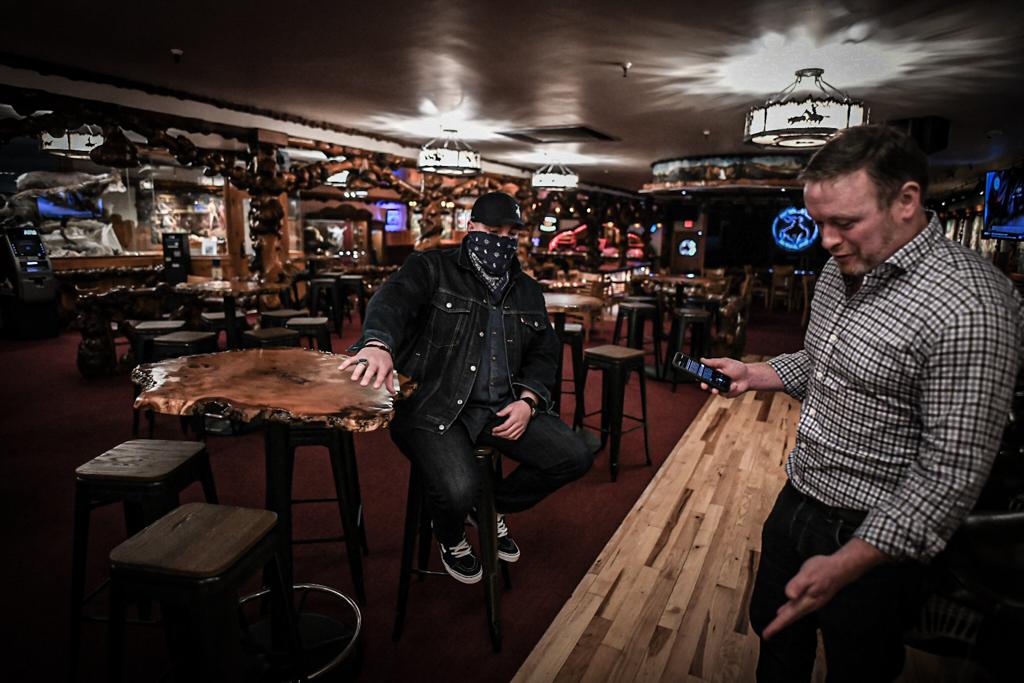
“People just decided they can’t afford to be in this area,” Bennett tells me, matter-of-fact. “A lot of people in the food and beverage industry live paycheck to paycheck. It’s about $900 to $1,000 a month to rent a room and your own apartment is a lot more. If they paid two months [of rent without steady pay], they’re already behind the car payments. So that’s the tough part.”
And it’s having an impact. An apartment building down the road, I’m told, has over 20 vacancies in a town where it’s often difficult to find any.
“Some people are just like, ‘Well, this is not making sense.’ So there will be a pretty big contraction of hospitality, hotel, and there’s definitely a massive consolidation. All businesses are thinking, ‘Well, how do we cut overhead and keep people employed that actually want to be? There’s been a mass exodus.”
With an extra $600 a month temporarily padding unemployment, some workers calculate it isn’t worth it to come back before dependable tips return. One study from the University of Chicago estimates 68 percent of the 35 million Americans on unemployment are making more than they did working. For many small business owners, when combined with fear of the virus, it’s been more challenging than might be expected to rehire.
“We had a huge staff meeting last Thursday,” Bennett tells me. “We got everybody together and told them, ‘If you don’t feel comfortable working, please don’t.’ And the thing that’s hard, is that for some people it pencils out for them to stay on a slice of government cheese, and then some people are afraid [of getting sick]. Some people are like, ‘Well, if I come back to work and you can’t guarantee me full-time work, then I’ll be shooting myself in the foot because I’ve got bills to pay,’ so we took all that into account. We said, ‘Hey, we’re going to give as much work to as few people as possible. And we’re gonna just keep on keepin’ on.'”
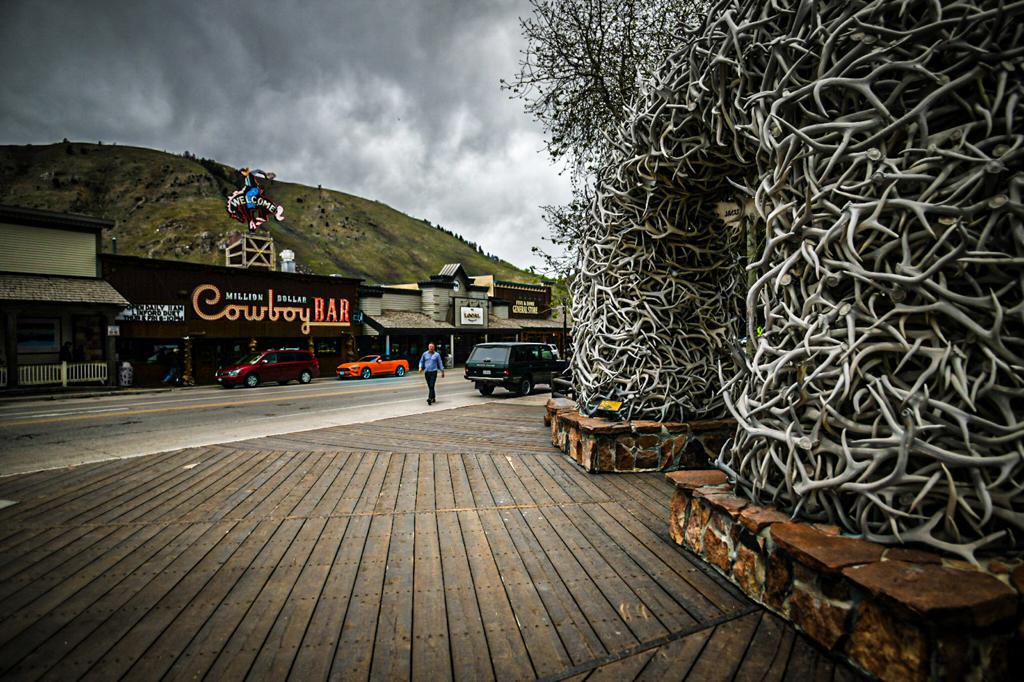
The additional benefits are set to expire in the last week of July, and those looking toward the Democratic House’s proposed extension should not bet on Republican cooperation in the Senate, given the problems employers’ need to rehire and the unrelated policies Democrats have loaded into their relief bill.
“I think it’s a mistake for people to not get ready to start working on some semblance of work,” Bennett says, “because as we know, that slice of government cheese is going to eventually melt and there’s just not going to be enough to get it done. So the best thing you can do is figure out what you’re good at, get your resume going and get to work. I don’t care if you need two jobs, and that’s the thing I’m hearing from a lot of people around here because they want to ski and fish and all that stuff during the day, so a lot of people have two jobs, or they double down working two or three double [shifts] so they can have two or three days off. And so there’s definitely a strategy to it, and I think people that are used to just get taken care of are going to need to come up with a new strategy. Which is why I’m here [at work].”
With its deep pockets, iconic status and invested owner, the Million Dollar Cowboy Bar is in a far better position to weather the downturn than many of of its neighbors.
“It’s been interesting to see what’s going on at the ski resorts, what’s going on in the hotels, what’s going on some of the restaurants and bars,” Bennett observes. “Everyone’s kind of going through the same [profit] situation, and there’s only so many seats on the bus. So I’m looking forward to getting back to normal but I think it might take a while.”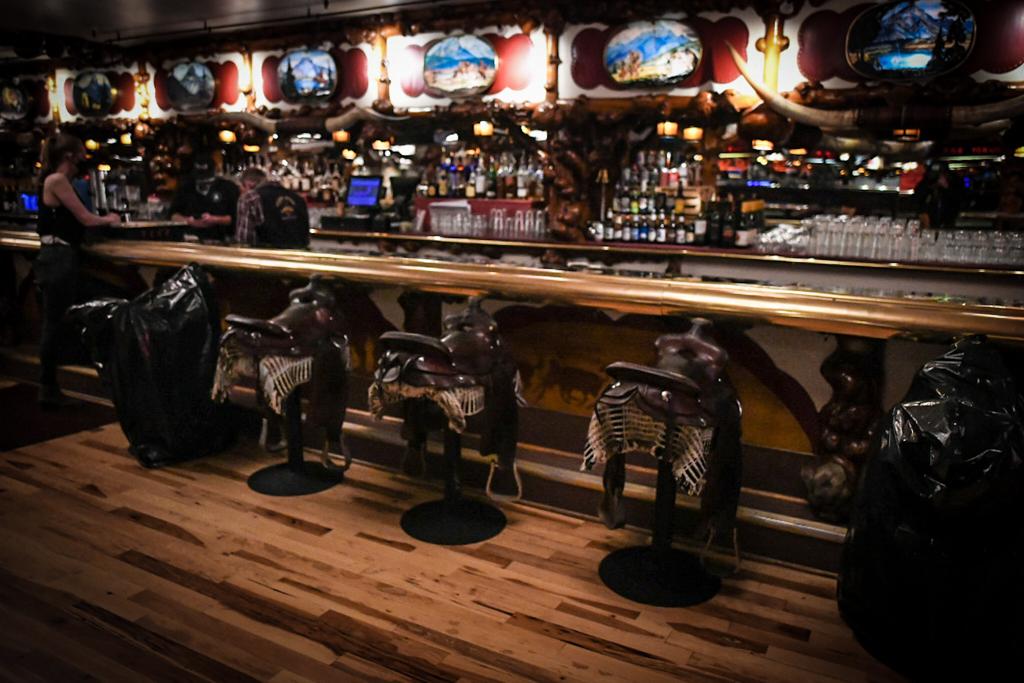
“Business is really hurting in this town, so we’re just trying to limp along and ease back and earn our liberties one at a time, and then hopefully as things start to ease up we can remove the masks, we can maybe open up the pool tables. The sooner we can get back to work and show people that there’s really nothing to fear and we’ve done everything in our power, the better.”
“If one business survives it will be this one.”


